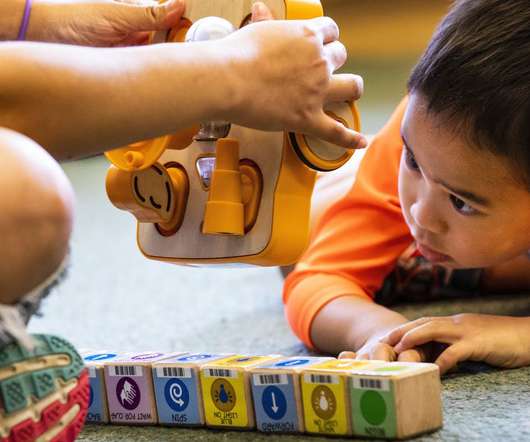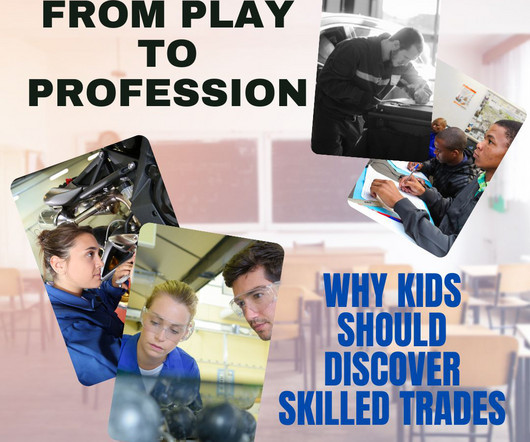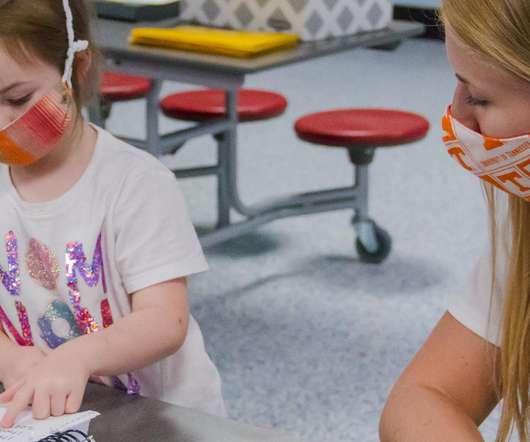Elementary-level STEM education fosters our future innovators
eSchool News
JANUARY 15, 2024
Elementary school years mark a critical phase in a child’s cognitive development. Through hands-on experiments and activities, students learn to think critically and apply scientific principles to real-world situations. STEM education encourages children to inquire, observe, and seek solutions.




















Let's personalize your content